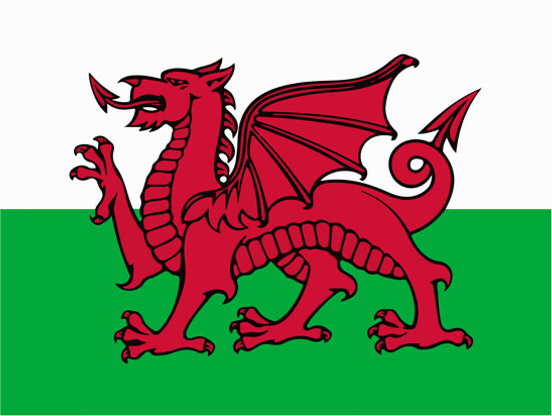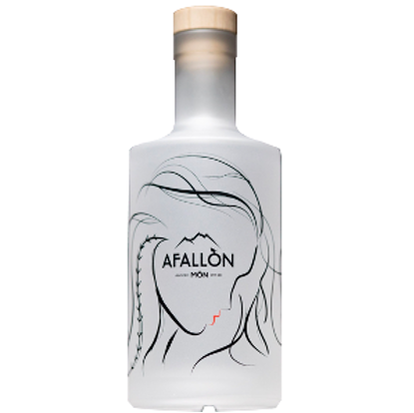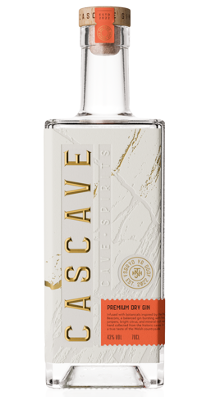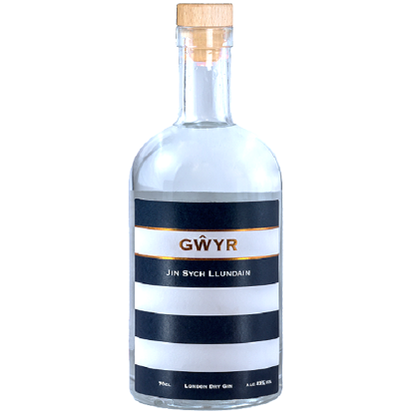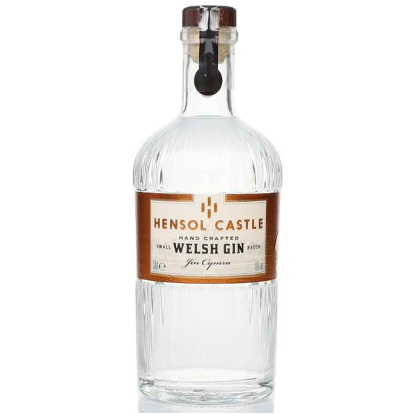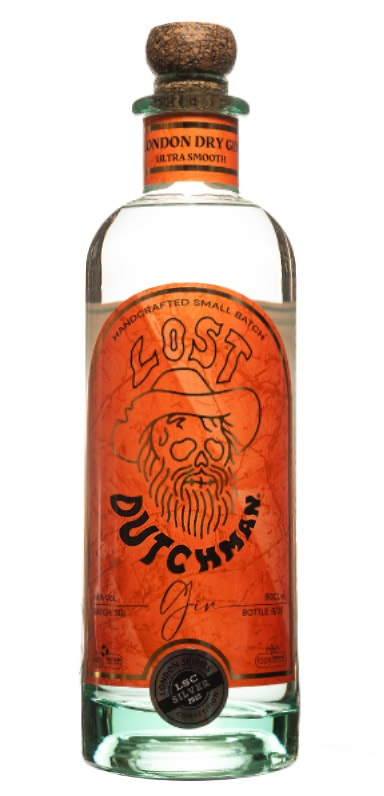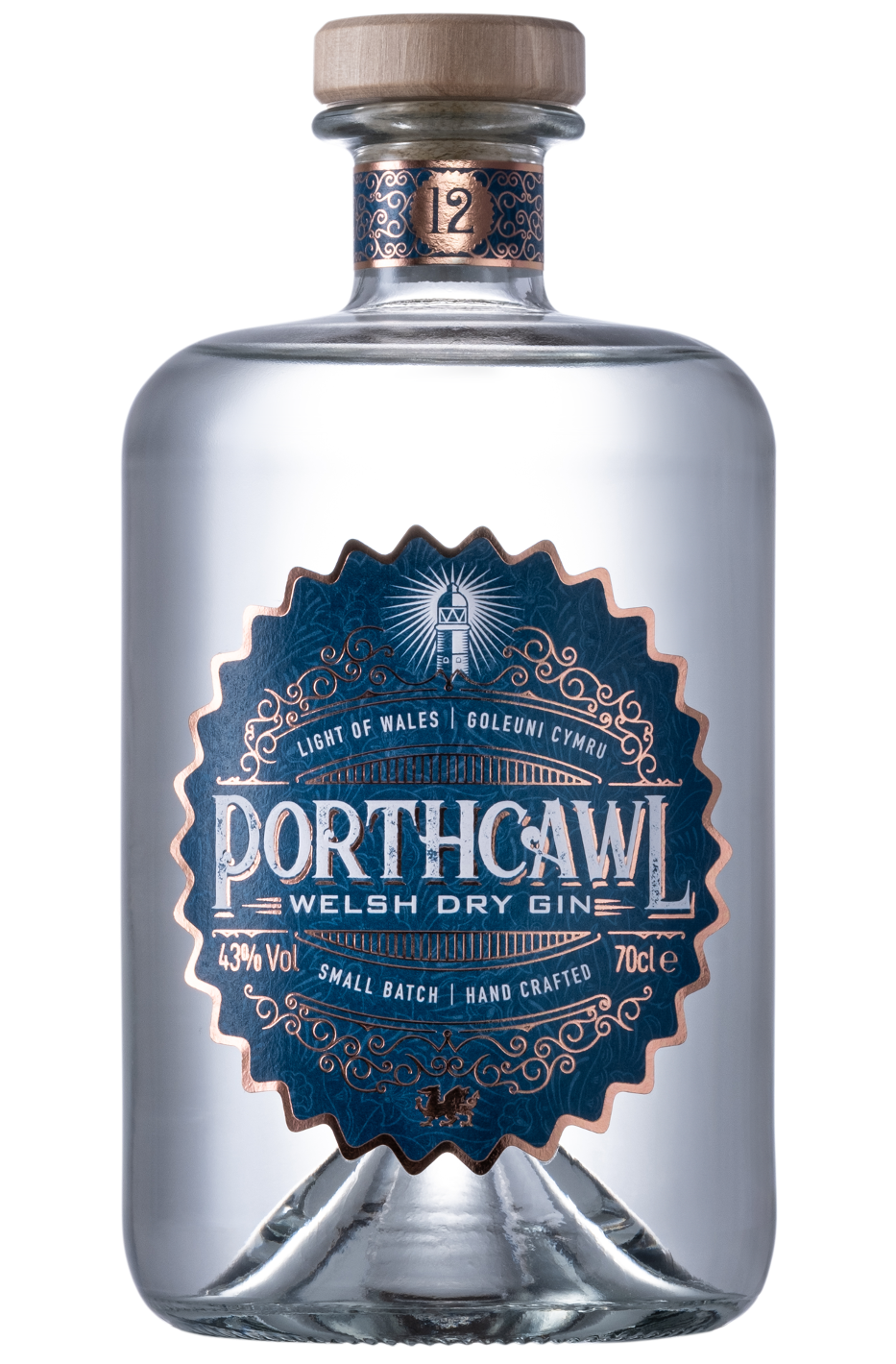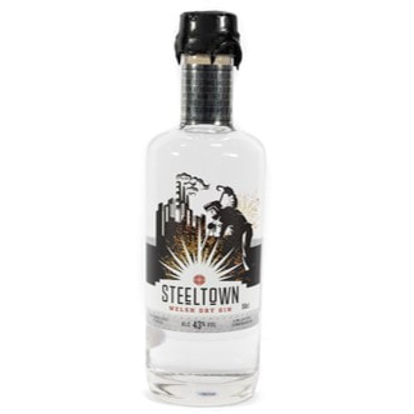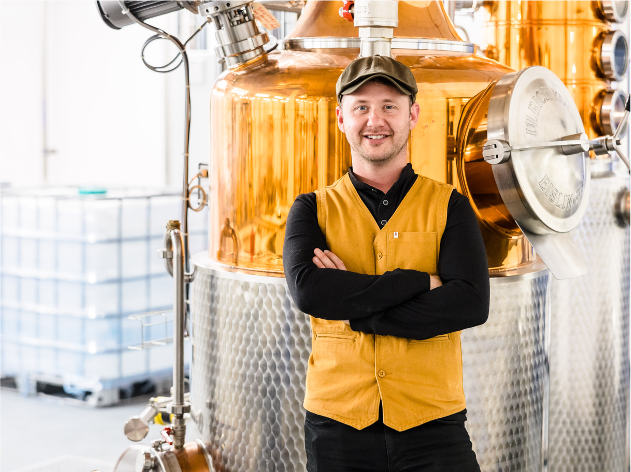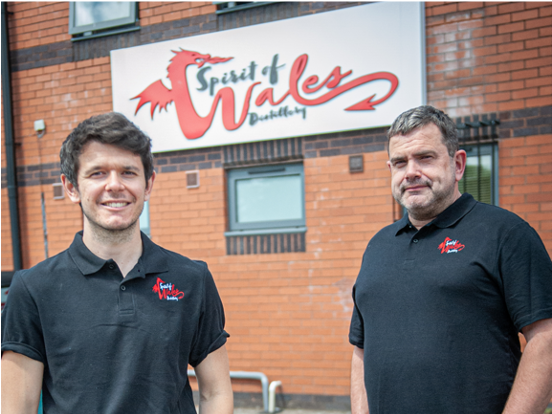Welsh Gin & Distilleries in Wales
On This Page: Welsh Gin and Distillery directory, Welsh Distillery Tour map, reviews and tasting notes, interviews with Welsh distillers, and industry insights.
|
Wales has become the home to many wonderful gins and distilleries, with the industry booming from around 5 distilleries in 2017 to over 30 in 2023. With gorgeous coastlines, mountains, countryside and National Parks, there's inspiration everywhere and some gorgeous wild botanicals to be foraged too. From city distilleries in Cardiff and Swansea through to remote distilleries in rural South Wales and North Wales, there are gins and distilleries for everyone to enjoy in Wales. Discover the best gins Wales has to offer!
|
Welsh Gins & Reviews - A to Z
Afallon Môn Gin
|
Afallon Môn Distillery was launched in 2020 and is based in a refurbished 18th-Century barn on the Isle of Anglesey in North Wales. The name is derived from an Arthurian legend, with Afallon (Avalon) being the mythical island that King Arthur was taken to after being wounded in battle, and 'Môn' refers to Anglesey, with its Welsh name being 'Ynys Môn'.
|
Cascave Gin
|
Cascave Gin was launched in 2022, aiming to capture the essence of the Brecon Beacons landscape. Their gin is distilled at Hensol Distillery in South Wales with citrus peels and local Brecon bilberries and sunflower root, before the addition of water collected from the Dan Yr Ogof Caves. Cascave Gin also produce a 'Cave Aged' edition rested in the Dan Yr Ogof Caves for 180 days in Port casks.
|
GWYR - The Gower Gin Company
|
The Gower Gin Company ('Gwyr' in Welsh) was launched in 2017 by Siân and Andrew Brooks in Port Eynon on Wales' Gower peninsula. After launching their flagship London Dry Gin, Siân and Andrew have gone on to launch a diverse range of gins including Pinwydd Gin, Rhosili Gin in collaboration with the Dylan Thomas estate, Bara Brith Gin based on the traditional Welsh recipe, and their coastal Sea Star Gin.
|
Hensol Castle Welsh Gin: Best in Wales 2023 - The Gin Guide Awards
|
Hensol Castle Distillery in South Wales began producing spirits in 2018 before opening their visitor experience, gin school and bottling plant in 2021, all within the cellars of the Grade 1 Listed Hensol Castle, built in the 17th Century. As well as their Signature Welsh Gin, their range has grown to include their Wild Strawberry & Hibiscus Gin, Blood Orange Gin, and Black Gin made with Muscat grapes, black cherries and blackberries.
|
Lost Dutchman Gin
|
Lost Dutchman Spirits was founded in 2021 by Quinten and Paul, two adventurous Dutchmen with a passion for craft spirits, who found themselves ‘lost’ in Wales after Brexit. Lost Dutchman Spirits have a strong emphasis on sustainability and consistency, using a cutting-edge iStill from from the Netherlands to achieve this. The Lost Dutchman Spirits range includes their Signature Gin, Navy Strength Gin, and Cask Aged Gin.
|
Porthcawl Welsh Dry Gin
|
Porthcawl Distillery was established in 2023 by local residents Chris Leyshon and Glenn Loosemore. Their wooden cabin style distillery is home to a 50L copper pot still in which their signature Porthcawl Welsh Dry Gin is made, taking inspiration from the South Wales coastline and featuring 12 botanicals including locally foraged seaweed and gorse.
|
Spirit of Wales Distillery (Steeltown Gin)
|
Opened in 2021 by founder Daniel Dyer, who formerly ran a signage company in Florida, the Spirit of Wales Distillery aims to produce spirits which embody their Celtic roots and Wales' industrial heritage of steel production, coal mining, agriculture and fishing traditions. Their range includes a Blueberry Gin as well as vodkas and rums.
|
For more Welsh gins try:
Top Tips:
- Aber Falls Gin, Bont Gin, Da Mhile Gin, Dyfi Gin, In the Welsh Wind Gin, Forager's Gin, Llanfairpwll Distillery Gin, Tenby Dry Gin, Welsh Witch Gin, Wye Valley Gin.
Top Tips:
- If you spot 'jin sych Llundain' written on a Welsh gin bottle, that's Welsh for 'London Dry Gin'. You might also see 'jin sych Cymreig' which means 'Welsh Dry Gin'.
- Want to say 'cheers!' in Welsh? You can say 'Iechyd da' (pronounced 'yeah-ch-id dah), meaning 'good health' next time your toasting with a Welsh Gin!
Gin Distillery Tours in Wales
Wales is an ideal location to explore distilleries and local gins, from micro-distilleries offering gin tastings through to large distilleries offering distillery tours, gin making experiences and more. Discover them on our Welsh Distillery Map or click on a distillery below the map to find out more:
|
SOUTH WALES
|
NORTH WALES
|
Meet the Makers
Get to know some of Wales' finest gin creators and distillers in our 'Meet the Maker' interviews. Find out how they created and launched their gin, how it's made, what botanicals are used, what you can experience if you visit their distilleries, how best to serve their gins and what they have planned for the future:
|
Chris Leyson & Glen Loosemore
Porthcawl Distillery Interview Coming Soon |
The Inside Scoop
With Siân & Andrew from The Gower Gin Company
We caught up with Siân and Andrew from The Gower Gin Company, whose gin was named 'Best in Wales 2019' in The Gin Guide Awards, to hear their insights and interesting facts about the Welsh gin industry:
"Over the past 3 years the Welsh Gin Industry has exploded growing from around 5 distilleries in 2017 to 30+ in 2020; more than quintupling on 3 years.
This rapid development includes has included both new distilleries and new brands using existing distilleries to produce their local brands. Some of the biggest growth area has been in hyper-localised gins for pubs, restaurants, events, big estates and fledgling gin companies wanting to test their ideas before investing. The companies making these hyper-localised gins for a range of aspiring clients include In the Welsh Wind, Gower Gin, Cygnet Gin and Da Mhile.
One of the big areas of contention at the moment is that some producers are saying their products are 'Made in Wales' when they aren't. Many producers are pushing for clarity in this area and engagement from the Welsh Government to help establish a way of denoting this so that consumers can make an informed choice.
There is actually no ‘j’ in Welsh and so ‘gin’ was used initially but ‘jin’ has now become more popular on bottles. Some companies use London dry gin in Welsh i.e. 'jin sych Llundain' but others prefer to use jin sych Cymreig (Welsh dry gin). Whatever the variations, many producers feel it is important to use the Welsh language in their labelling and branding from a simple name to fully bilingual bottles.
Many of the Welsh tropes are used in the products that have emerged over recent months such as St David’s/Dewi Sant, love-spoon, Bara Brith, Welsh cake etc, and this helps promote Wales and the Welsh culture both nationally and internationally.
The Welsh gin industry is strong and growing with new gin bars and gin schools opening up across the country. Welsh gins are also winning awards with a number of brands gaining accolades in a range of competitions over the last year. The future is bright!"
"Over the past 3 years the Welsh Gin Industry has exploded growing from around 5 distilleries in 2017 to 30+ in 2020; more than quintupling on 3 years.
This rapid development includes has included both new distilleries and new brands using existing distilleries to produce their local brands. Some of the biggest growth area has been in hyper-localised gins for pubs, restaurants, events, big estates and fledgling gin companies wanting to test their ideas before investing. The companies making these hyper-localised gins for a range of aspiring clients include In the Welsh Wind, Gower Gin, Cygnet Gin and Da Mhile.
One of the big areas of contention at the moment is that some producers are saying their products are 'Made in Wales' when they aren't. Many producers are pushing for clarity in this area and engagement from the Welsh Government to help establish a way of denoting this so that consumers can make an informed choice.
There is actually no ‘j’ in Welsh and so ‘gin’ was used initially but ‘jin’ has now become more popular on bottles. Some companies use London dry gin in Welsh i.e. 'jin sych Llundain' but others prefer to use jin sych Cymreig (Welsh dry gin). Whatever the variations, many producers feel it is important to use the Welsh language in their labelling and branding from a simple name to fully bilingual bottles.
Many of the Welsh tropes are used in the products that have emerged over recent months such as St David’s/Dewi Sant, love-spoon, Bara Brith, Welsh cake etc, and this helps promote Wales and the Welsh culture both nationally and internationally.
The Welsh gin industry is strong and growing with new gin bars and gin schools opening up across the country. Welsh gins are also winning awards with a number of brands gaining accolades in a range of competitions over the last year. The future is bright!"
